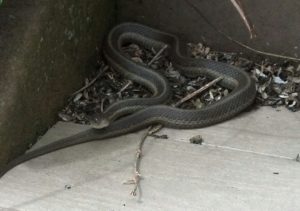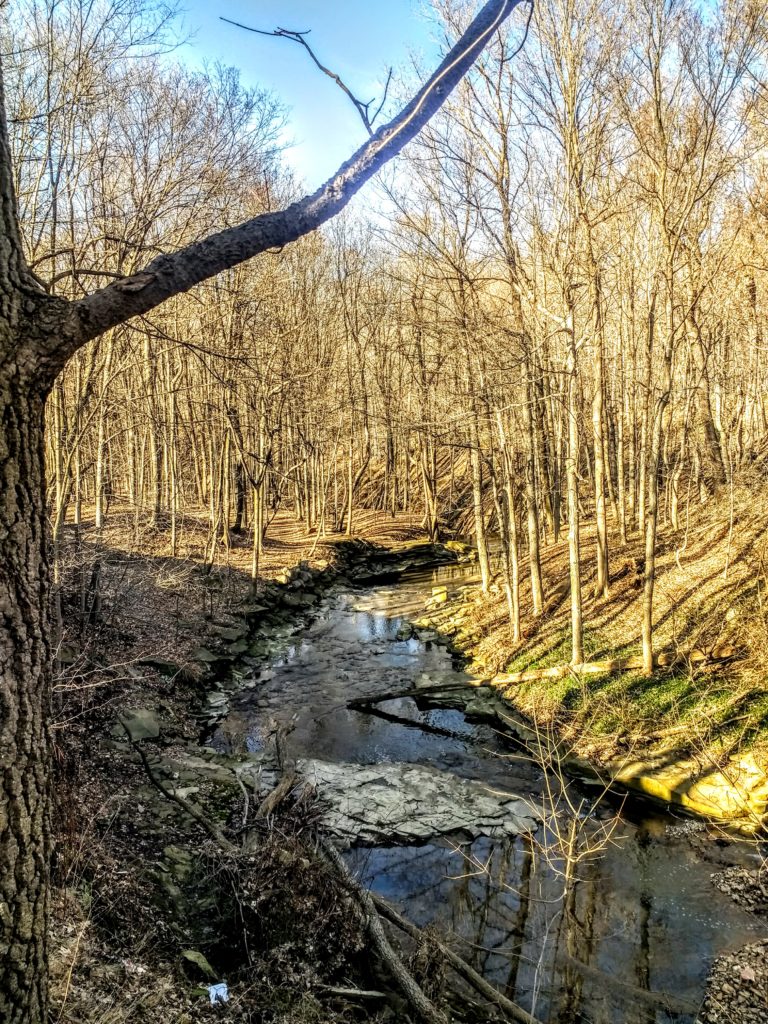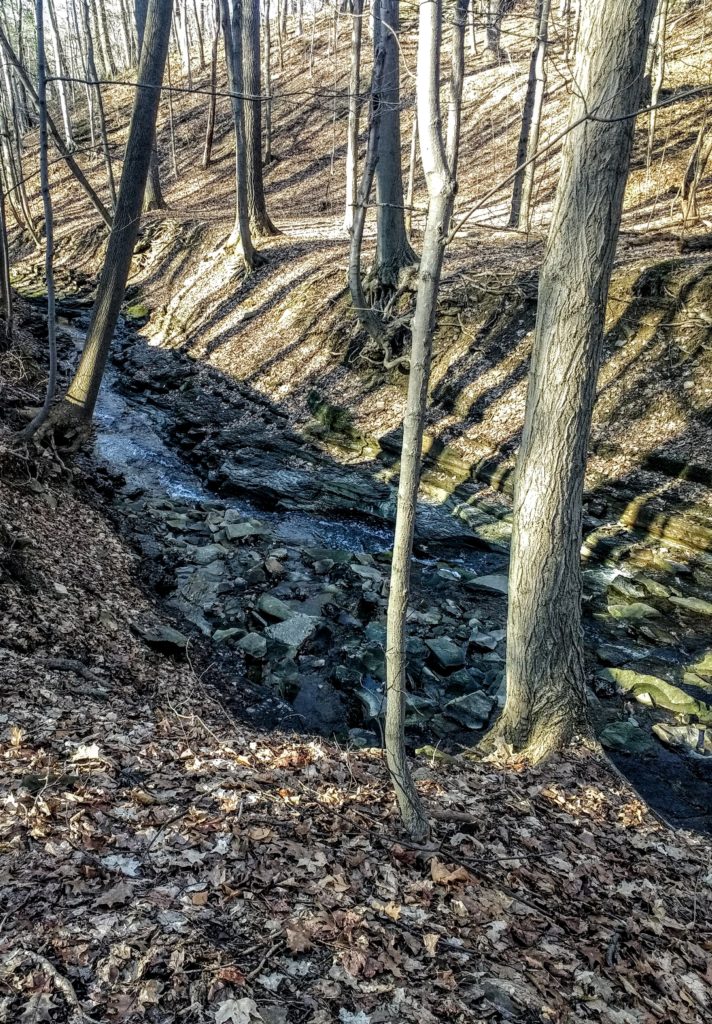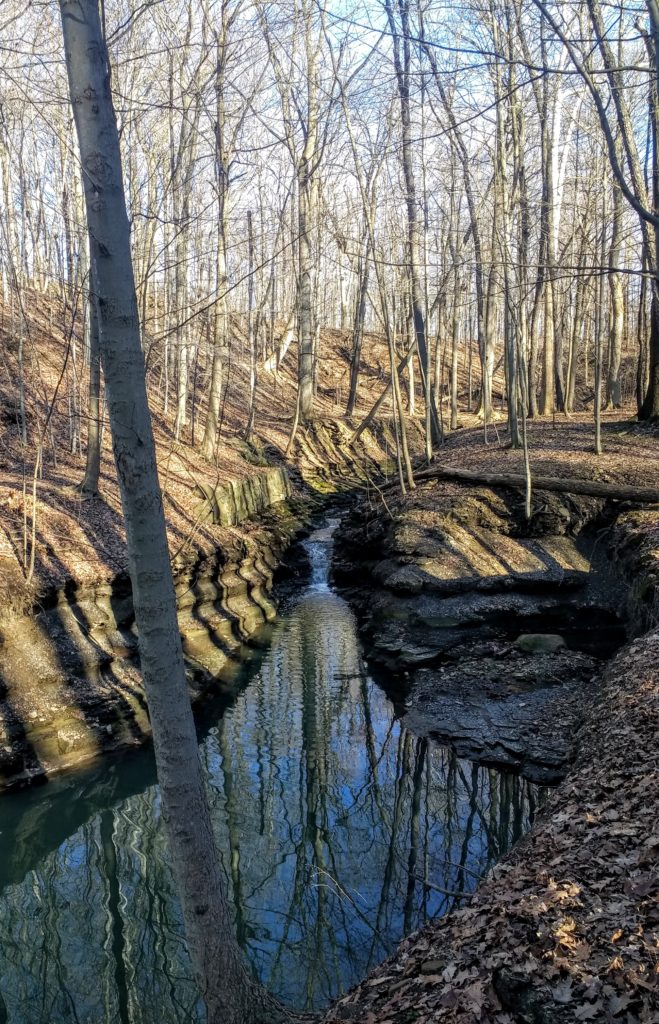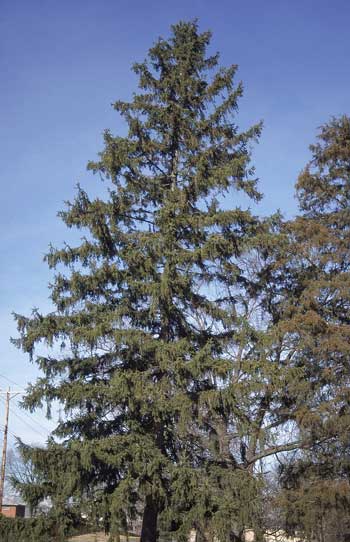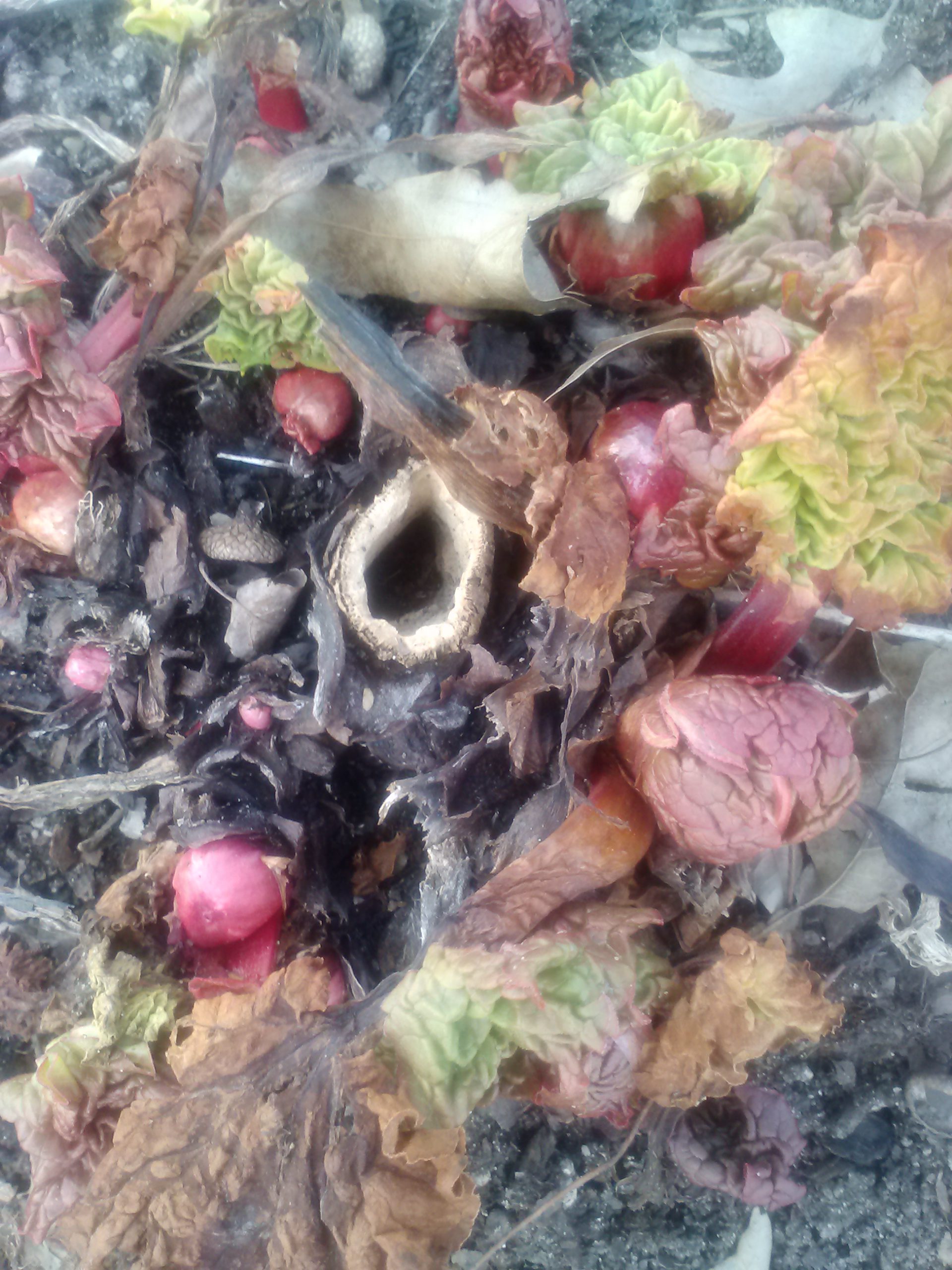by Elsa Johnson
Each year her shed skin draped the rafters of the barn
tissue of small scales over-lapping fragile strange
in the hands mottled discard of milk snake
In my dream they came from the northwest diagonally
past the corner of the house : solid fabric of snake red
and black striped side by side undulating
packed tight roiling around my feet
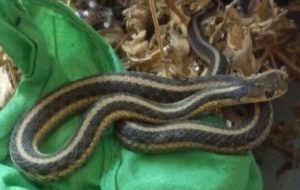
Horses grazed at pasture In the cropped grass blue black
racer slimness slipping by We — bare legged
clutch of summer — whooping ! keeping-up down the hill
down to the swamp where anticlimactically he was lost
Coiled lying by the track to the backfields crops left
woods right — black snake thick as a girl’s
arm as imagination long I jumped each time he
broke for the woods across the track the thrill
undiminished when I startled him he startled me
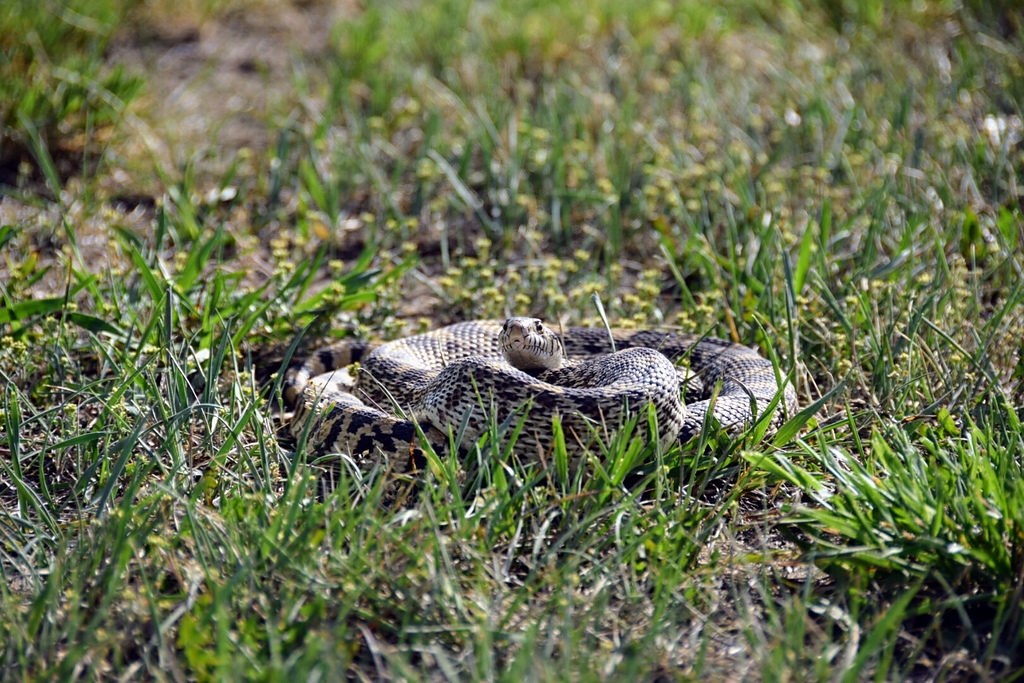
Raspberry canes growing high twined among the branches of
the small tree fruit above eye level me reaching for red
jewel of sweetness grasping instead small head of snake
eyes open wide mouth to the berry not expecting hands
when I startled it it startled me no one ate the fruit
The trapped water seeped from the quarry walls along edges
lay water snakes somnolent seeming hidden
but ready to slide water-ward or bite edgy reptiles
thick as a girl’s arm silent as mental ululation
Hoop snakes were real the old timer said in her youth she saw
them down in the fields by the swamp where if they were
startled they put their tails in their mouths and rolled away
That summer when I was fourteen I went to a camp where
one child not me sat on a rattlesnake he
startled it It bit
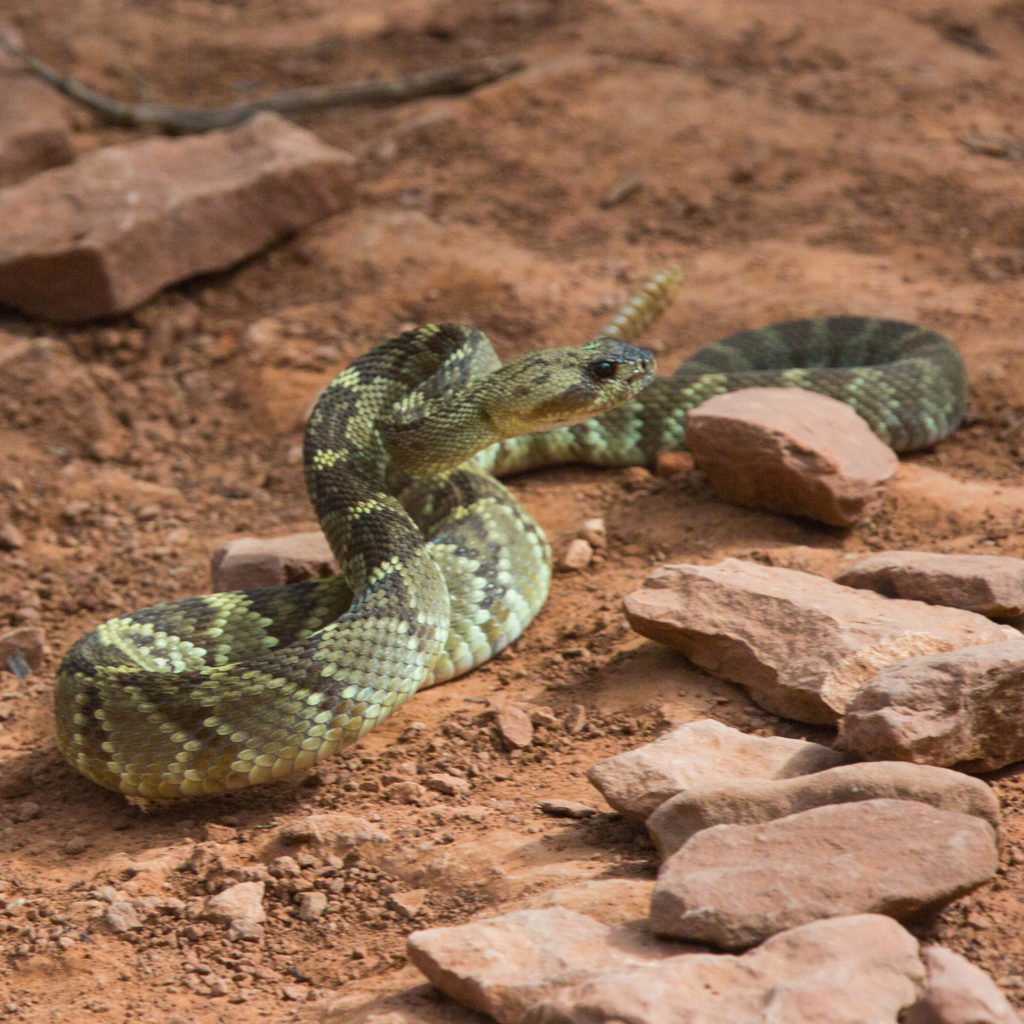
In the deep woods one fall my adult life falling about me
like leaves like the thick leaves underfoot stepping on
what’s that ! …..she slow from the cold the torpor of
cold dark mottled leaves a bit small dark perhaps for
copperhead thick not slim like racer not like milksnake
Too cold to bite to slow to startle — (much) — adieu
I live in the city now I do not see snakes except occasionally
a dead one lying flat drying on hot asphalt in the park
squashed by a bike tire by someone too slow to swerve or
perhaps not seeing value in snakes perhaps enjoying that
This summer working out in the country that isn’t country
that is lawns mower hungry circling big houses
I at peace planting focused on flowers stepped on
something writhing round under foot It is she — ancient
Goddess of Startle blooming her sleek skin bright not like
I saw it left discard draped in the barn
